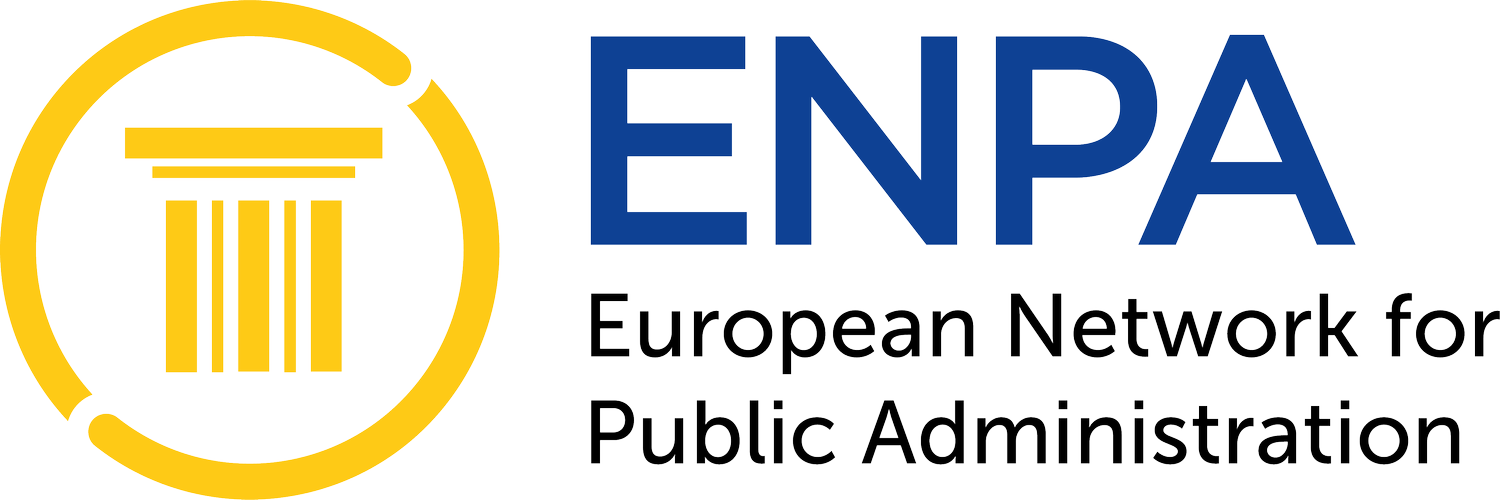e-Government
Co-Chairs
Albert Meijer
Utrecht University, The Netherlands
a.j.meijer@uu.nl
Shirley Kempeneer
Tilburg University, The Netherlands
s.kempeneer@tilburguniversity.edu
Ignacio Criado
Universidad Autónoma de Madrid,
Spain
ignacio.criado@uam.es
The research group on e-Government is a long-standing international community of scholars studying the digitalization of the public sector. Specific interests concern the (responsible) use of digital technologies for services, policies, and network collaborations. More recently, algorithmic decision-making has become a core topic in this research group and membership of this community has expanded rapidly over the past years. The research group has a direct connection with the journal Information Polity and has over the past decades generated a large number of special issues of various other journal and edited volumes on different aspects of e-government. The research group is also a breeding ground for international collaborations and European grant proposals. The community consists of a good combination of established and upcoming scholars and provides an important venue for younger scholars to connect to strong international networks.
For the ENPA conference to be held in Bucharest from 23 - 25 April 2026, the Research Group on e-Government requests abstracts drawing on current research related to the development and challenges of e- government.
This Research Group is a podium for broad discussion about e- Government with a specific interest in the administrative, political and organizational aspects of service delivery, as well as information flows in and around government, public services and policy. Papers on other topics in the broad area of e-Government, ICT in public administration and e-democracy are very welcome. This can include papers on a diverse range of topics, including: Artificial Intelligence (AI), ethical aspects of digitalization, big data, governance and regulation, privacy and surveillance, social media, accountability and trust, public policy, and national and international policy and practice around e-government, etc. We are also keen to encourage papers which explore innovative methods in the study of e-Government and those that set out and assess novel technological applications.
This call is for abstracts:
Abstracts should have a succinct and relevant title;
Abstracts should include author affiliations and contact details;
Abstracts should be no longer than 500 words in length;
Abstracts should be submitted in Microsoft Word, PDF or RTF
formats;Abstracts should cover the main line of argument to be explored
in the full paper;Abstracts should show evidence of innovative and creative
thinking which is well grounded in theory or is well argued;Abstracts should indicate whether the proposed paper is
theoretical and/or empirical in orientation; andAbstracts should relate the proposed paper to contemporary
discourse in e-Government;
Publication of Papers
Subject to editorial and peer review, the best paper from the conference will be fast-tracked for publication in Information Polity. Other strong papers may also be considered for publication in Information Polity. Please note that we are keen to encourage new and existing scholars in the field to contribute to the Research Group. Please do not hesitate to contact us with any questions regarding the conference and/or the Research Group.
